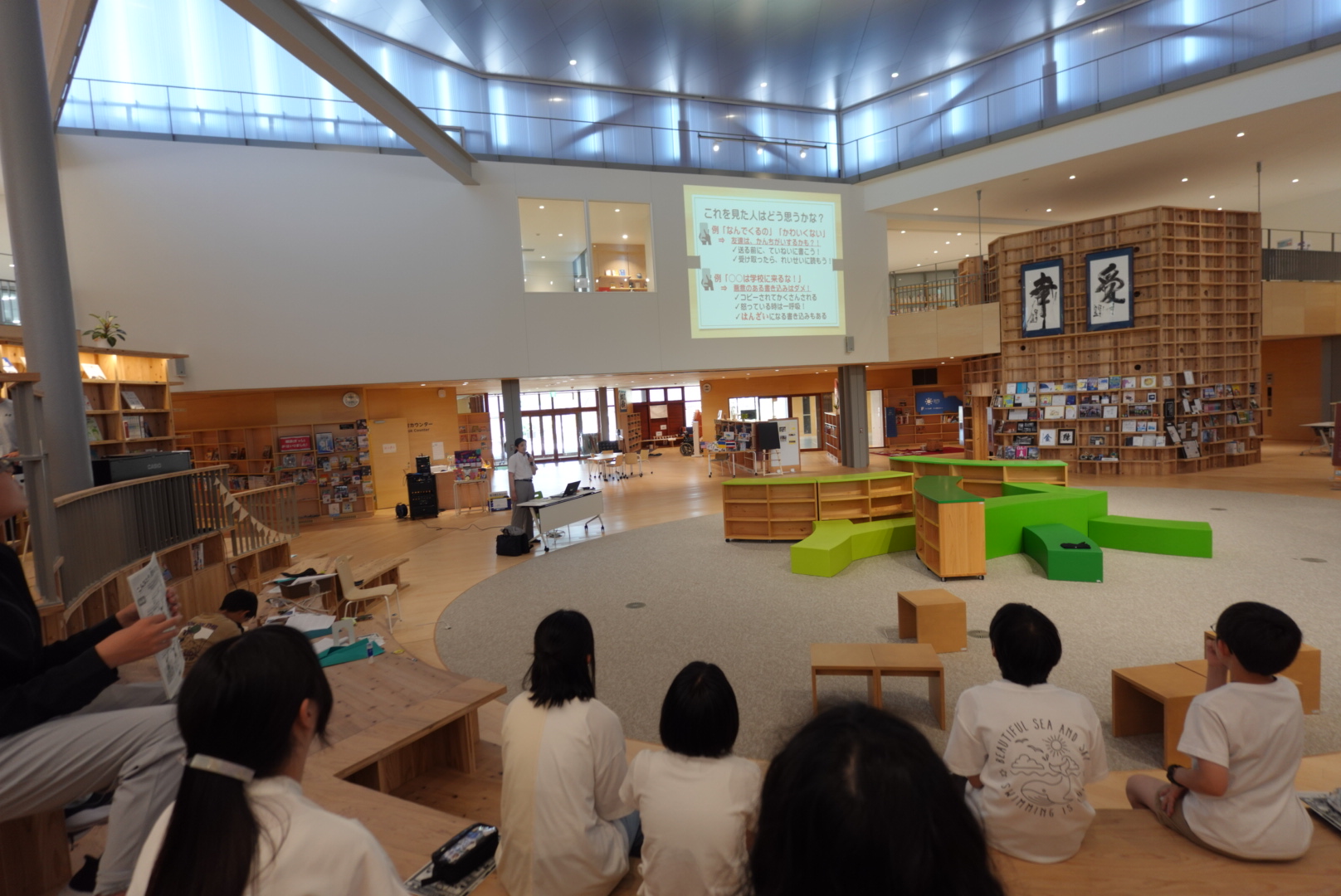A police officer was invited to speak to our students about digital citizenship and internet safety. The sessions were held separately for grades 1–4 and grades 5–9.
The speaker asked questions such as:
“Who uses social media?”
“Who plays online games?”
“Who messages people they don’t know in those games?”
Students responded by raising their hands.
In an age where connecting through social media and online platforms has become the norm, this talk gave everyone a valuable chance to reflect on whether we are using them wisely and safely.
Tips for Reducing Smartphone Overuse
– Delete unnecessary apps
– Set limits on usage time
– Use strong and complex passwords
– Turn off notifications
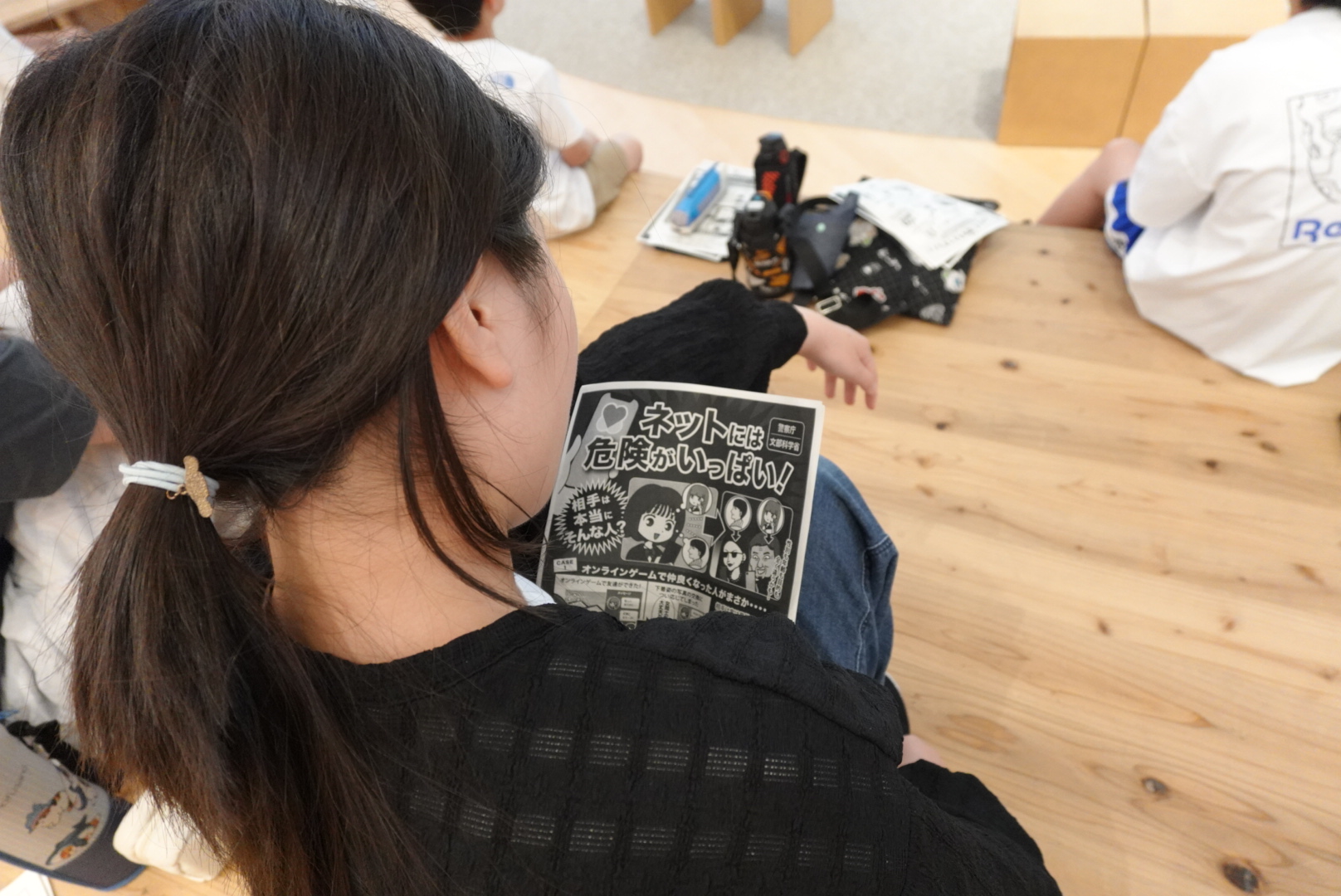

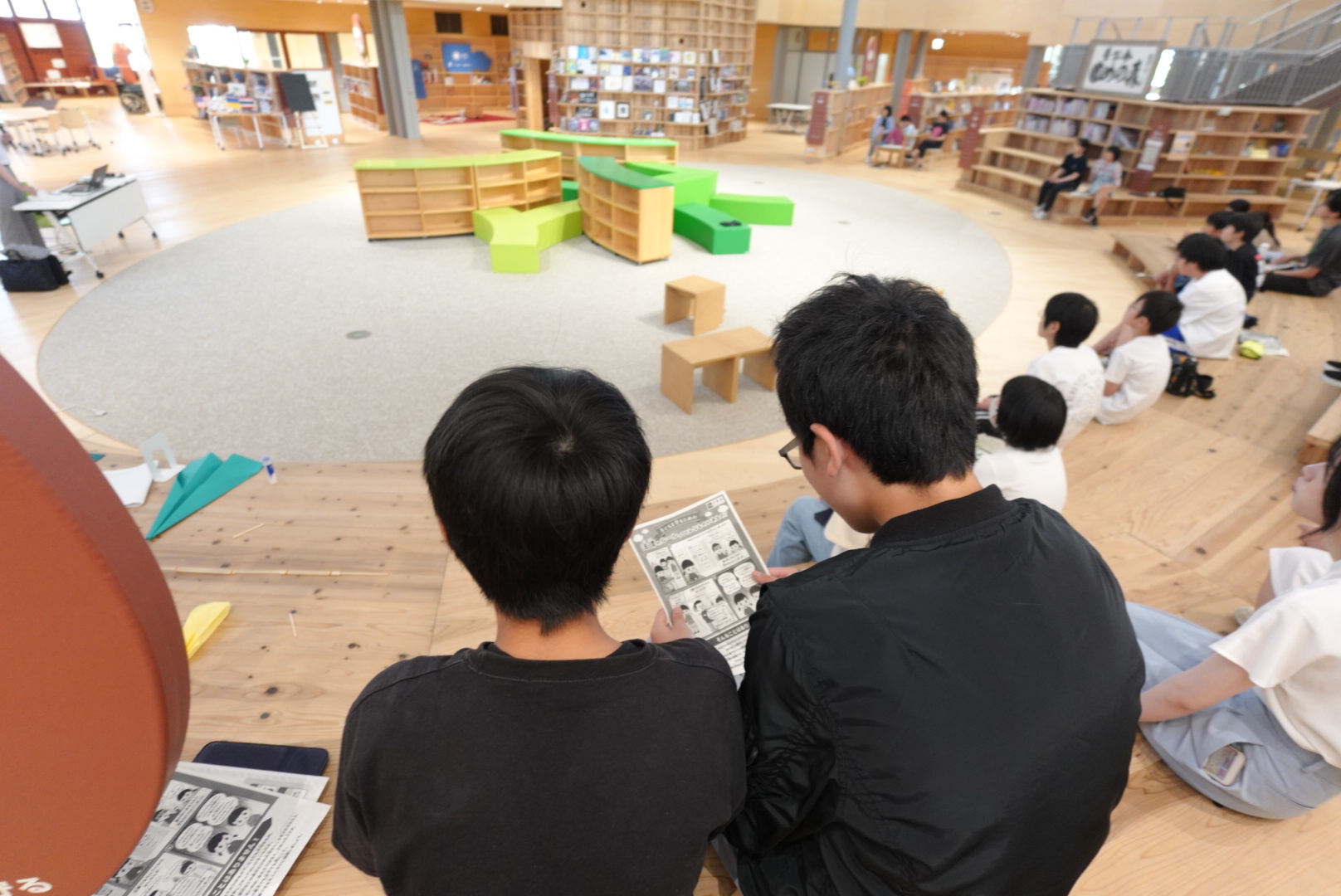
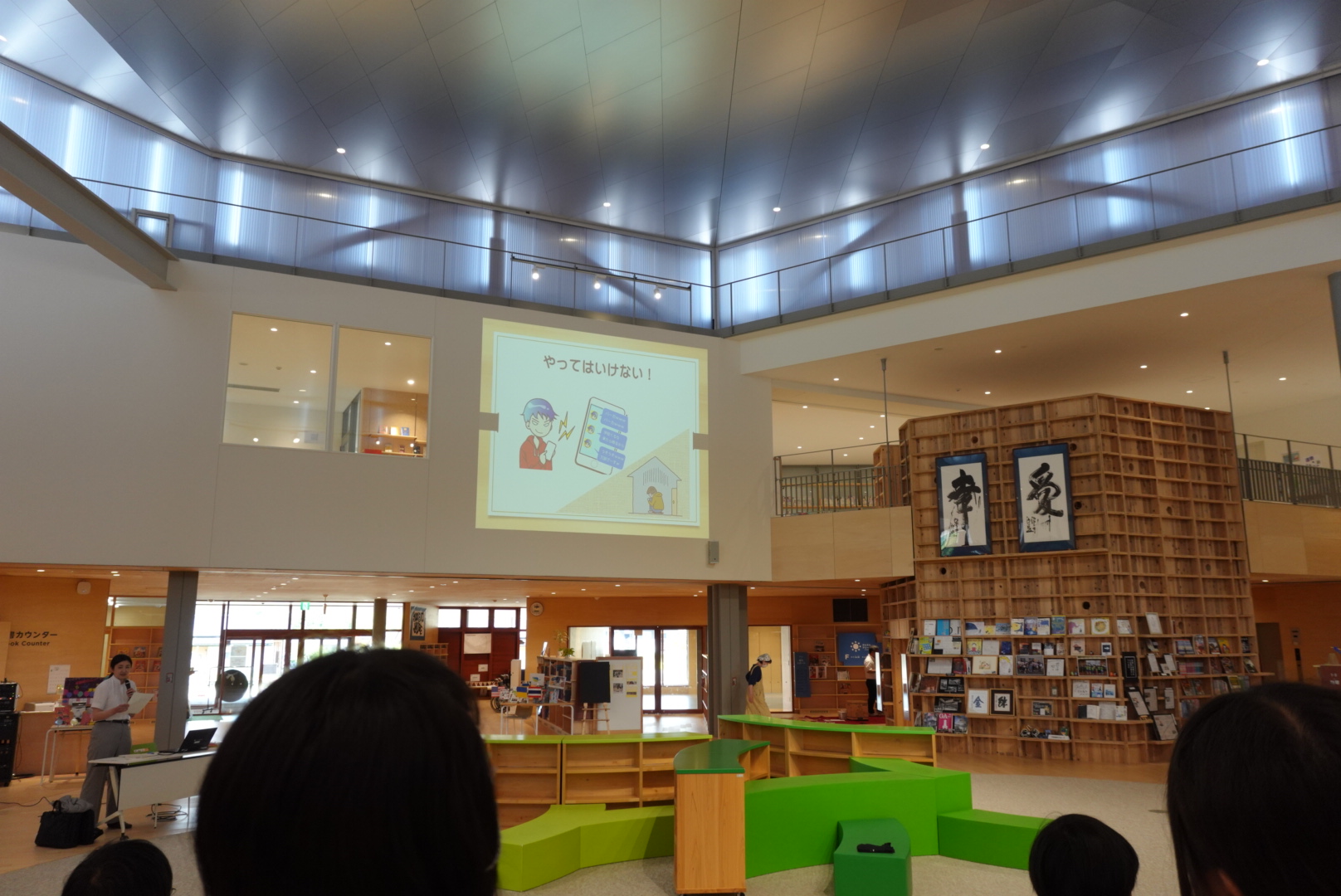
On a smartphone screen, it can be hard to communicate your true intentions, and your words might accidentally hurt someone. That’s why it’s important to write messages carefully and read them calmly. If you write something hurtful, it could be copied and shared with others. Taking a moment to pause before posting can help you stay calm and make better choices.
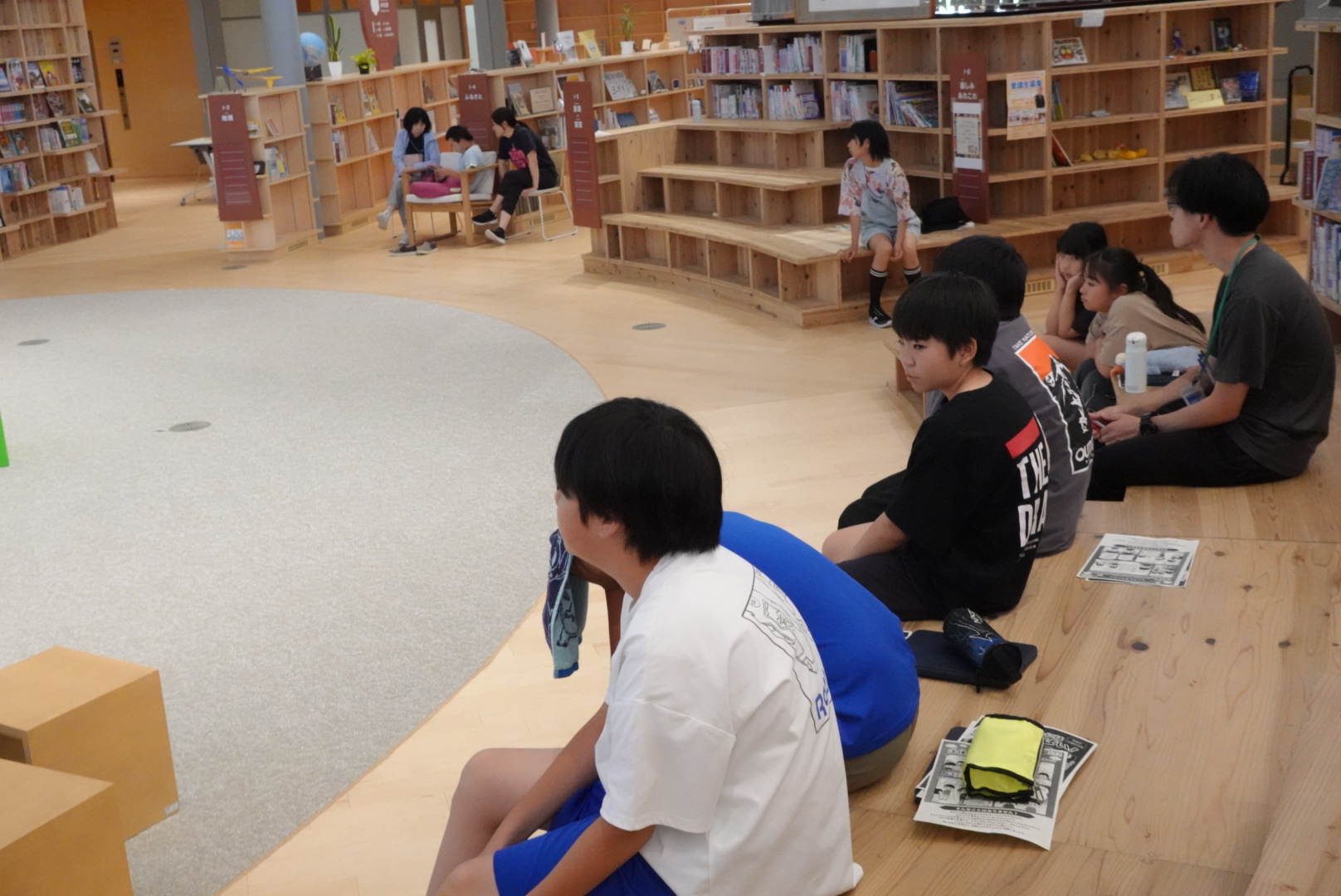
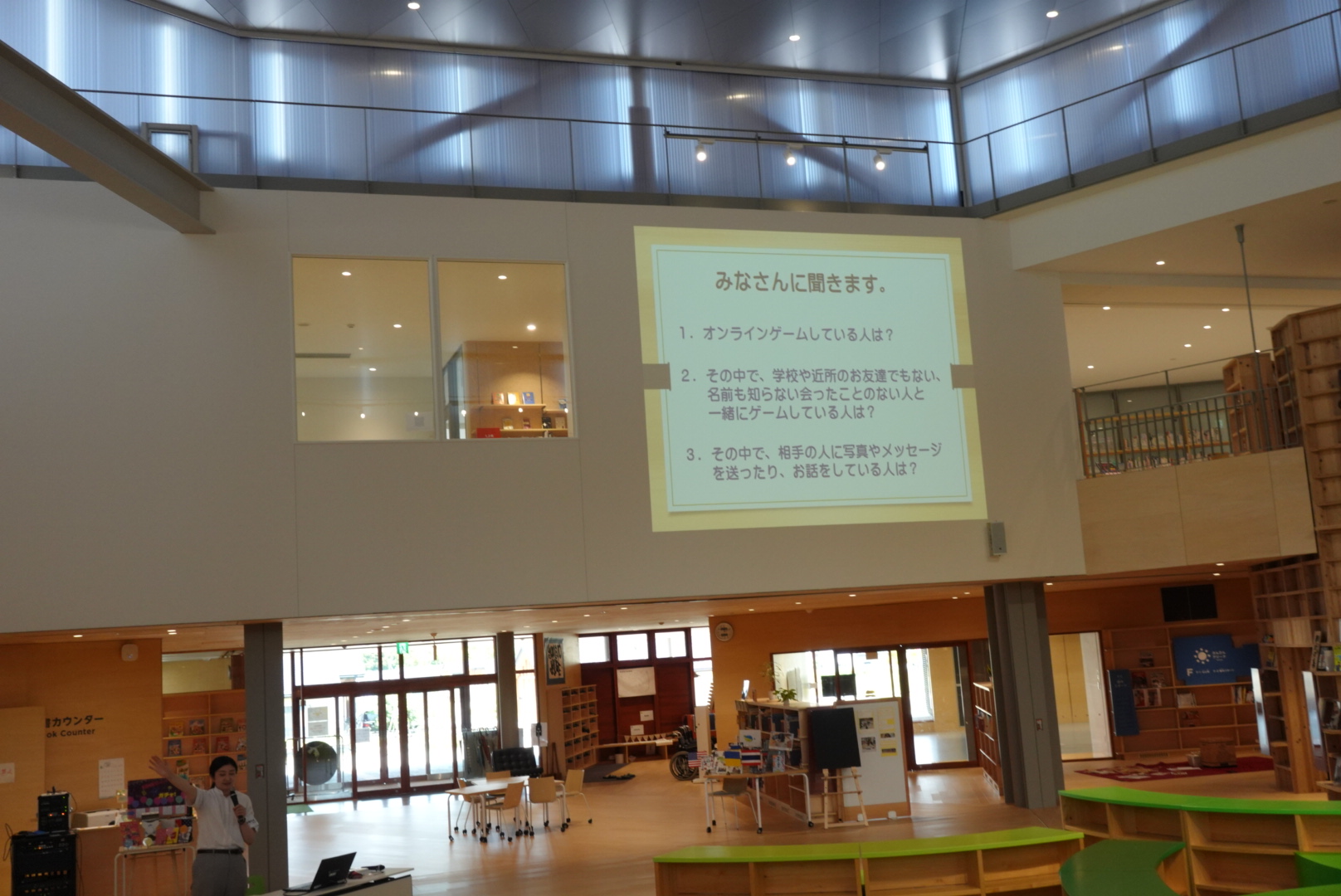
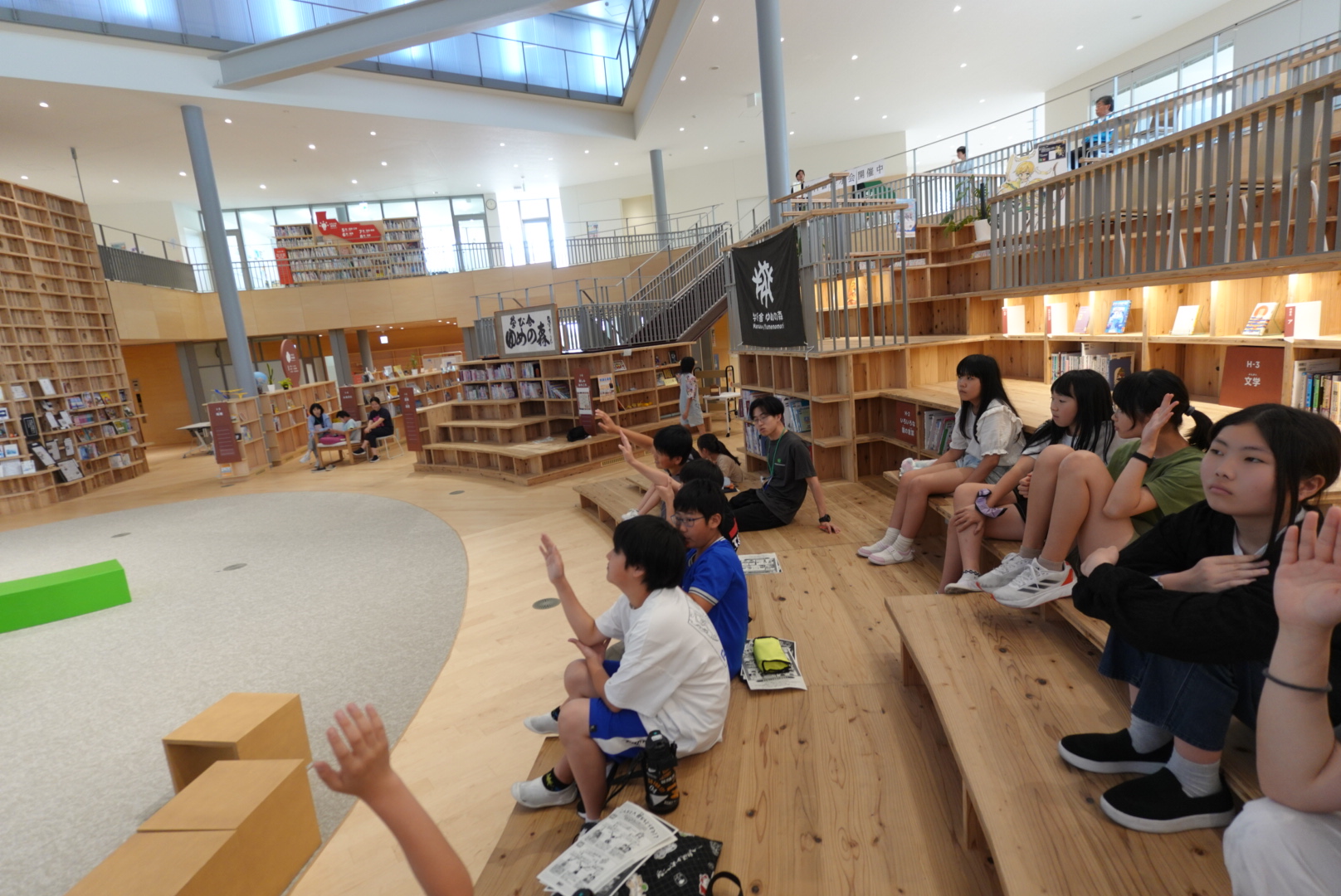
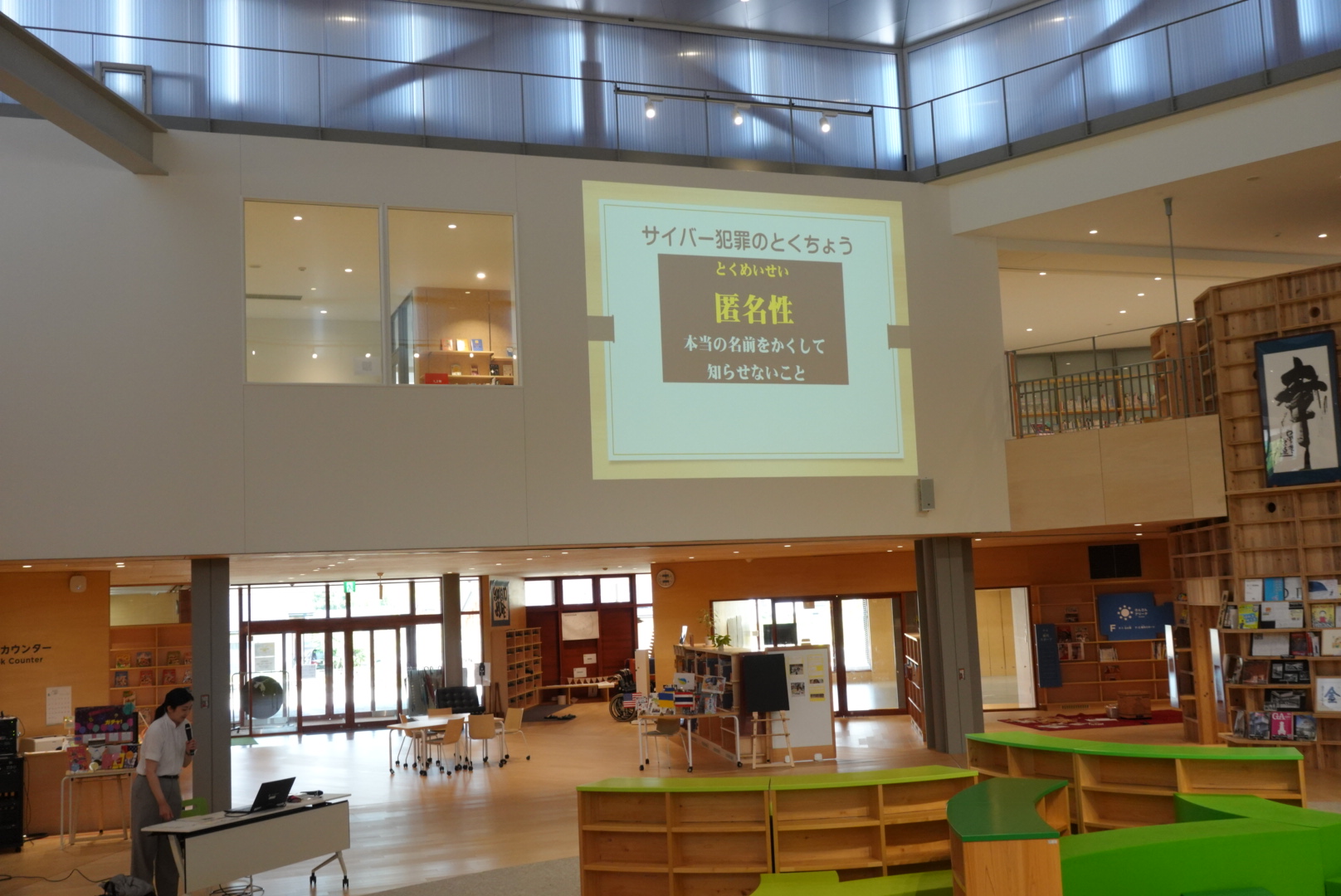
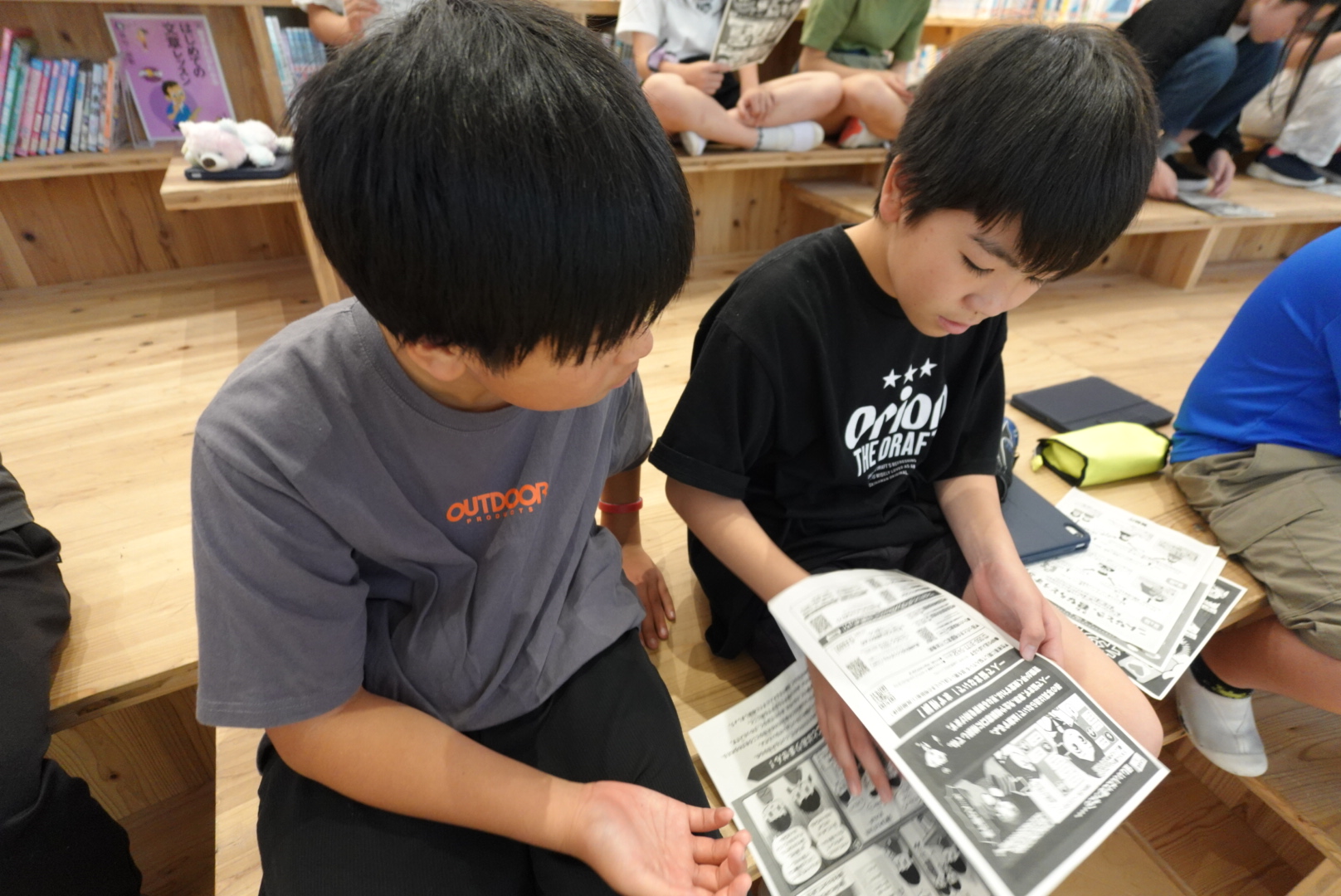

~What We Thought~
- “When I use a smartphone, I want to make sure not to say things that could hurt others or meet up with people I don’t know. I’ll try to use SNS with those things in mind.”
- “I learned that we need to be careful with our words and not spread lies when using the internet.”
- “I realized once again that you never know what could happen online. I want to avoid meeting people I only know through the internet.”
- “I learned about how to use smartphones, laws, and how to stay safe on social media. For example, we heard about a case where someone thought they were talking to a woman online, but it was actually a man who invited them over and then touched them inappropriately. We also learned how to make strong passwords and use smartphones safely.”
- “I use SNS regularly, so I thought I already knew about most of the risks, but I was surprised to learn some new things. I want to be more careful when using social media.”
- “I don’t usually play games I don’t know well, but I’ll continue being careful not to share any personal information.”
- “I learned some new laws and rules. I now understand more clearly what not to do, and I want to make sure I never do those things.”
- “I was reminded how important it is to be careful when using the internet. I’ll try to be more mindful when I use my smartphone.”
- “I realized that using information the wrong way can lead to serious problems. I’m planning to get a smartphone soon, so I want to be extra careful.”
- “I learned that there are many rules and manners for posting online, and that knowing how to protect personal information is important for staying safe. I don’t post on social media, but since I do use apps like LINE, I need to be mindful of how I use them.”
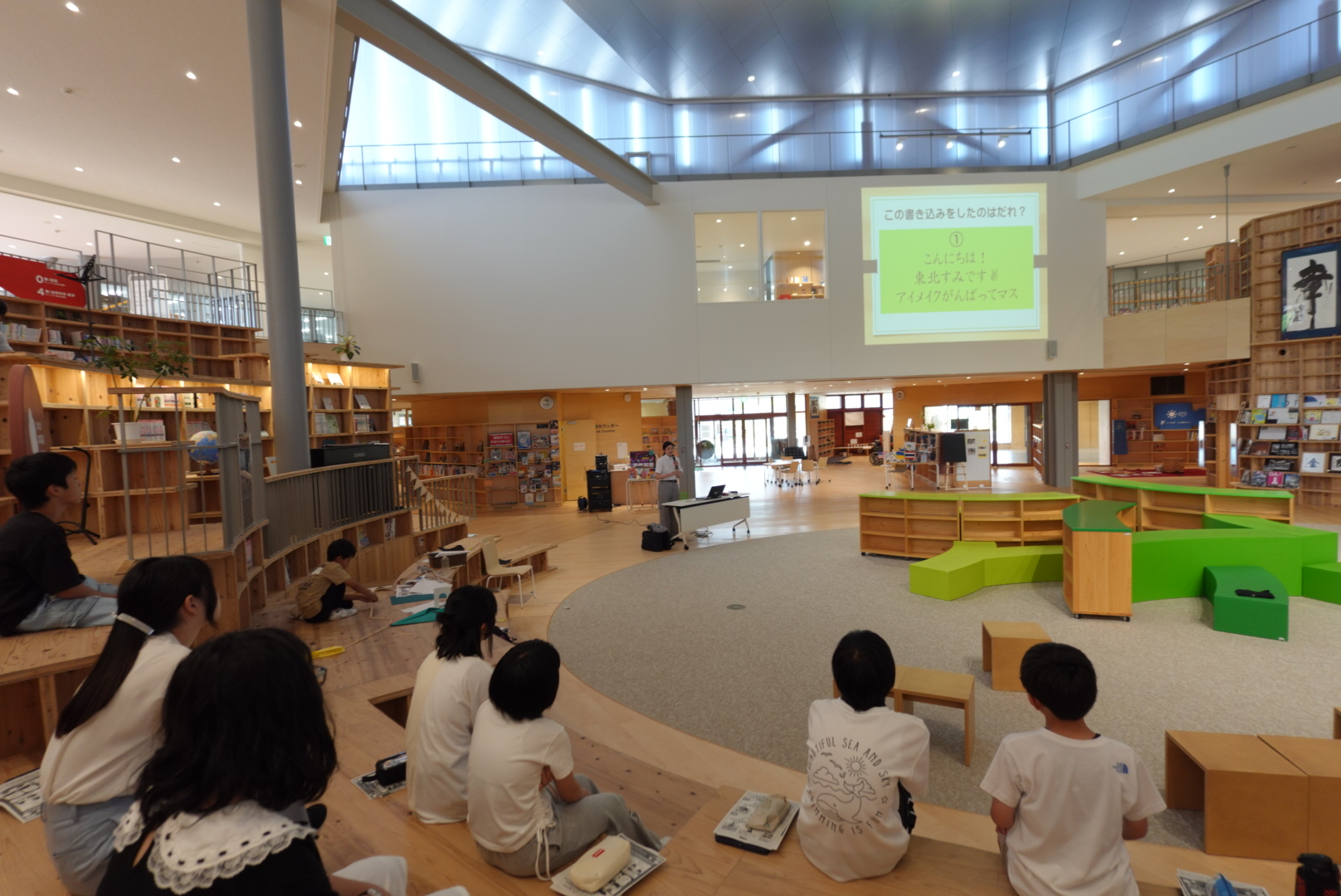
The Internet Can Be Full of Dangers: Real Cases
🔸Case 1: “I became friends with someone in an online game, but then…”
I thought I was talking to a woman and sent my photo, but the person turned out to be a man who threatened to share my photo.
🔸Case 2: “A boy sent a photo of himself to a girl as a joke, but then…”
He was told to buy electronic money or the photo would be spread to others.
🔸Case 3: “I thought this person was kind and shared my problems, and we agreed to meet, but then…”
I was locked in a house and became a victim of sexual abuse.
Parental Controls (Filtering)
Parental controls refer to the appropriate management of a child’s internet use by guardians, based on the child’s stage of development and overall lifestyle.
They help parents oversee their child’s digital habits in a way that supports healthy growth and safety.
The sessions were tailored for both lower (grades 1–4) and upper (grades 5–9) grades, making the content easy to understand for everyone.
It was a great opportunity for us to think again about how we use social media and online games.
Thank you very much for the valuable talk.


